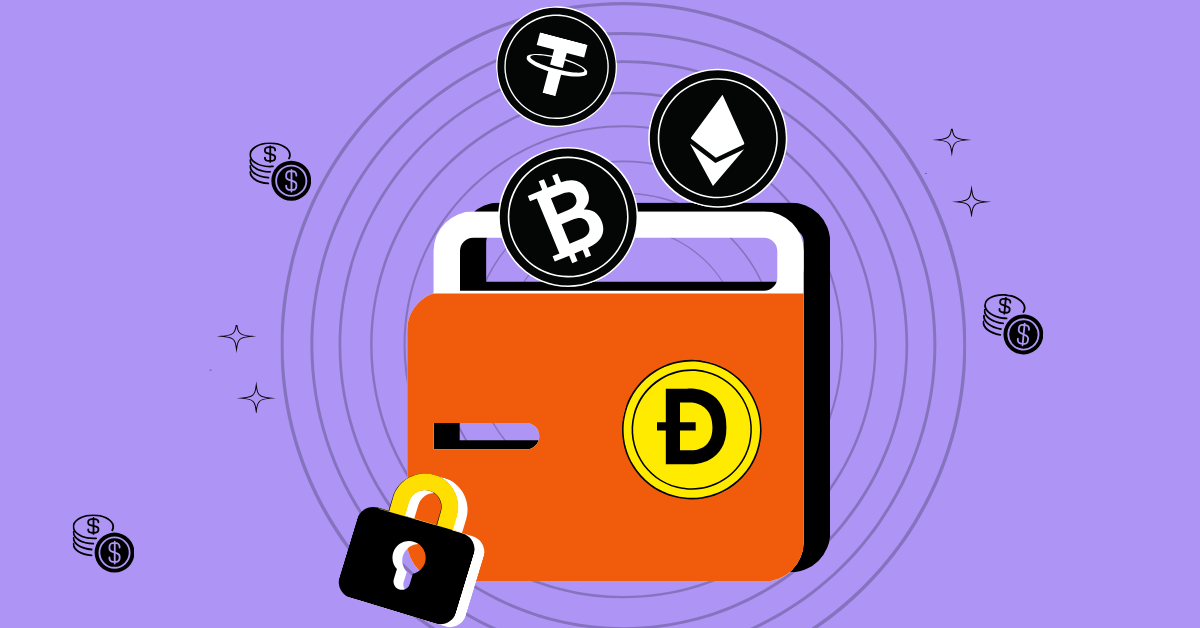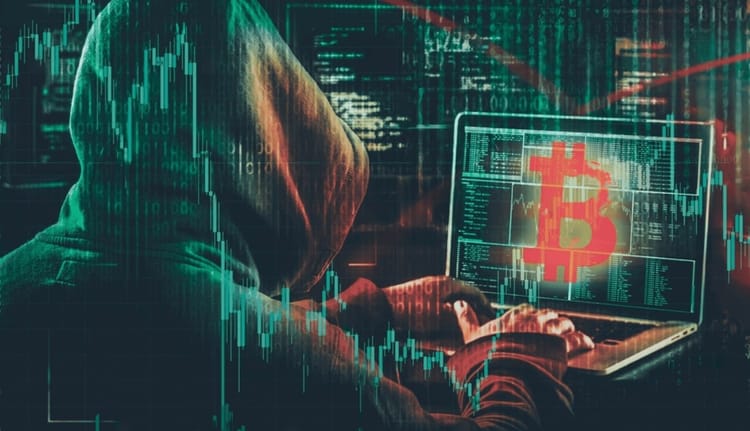Crypto Best Practices: Tips to Keep Your Cryptos Safe

Knowing the common security risks and a few tips to keep your holdings safe is crucial as a cryptocurrency holder. Theft and scams are now common in the crypto industry, and Statista reports an alarming trend. Statista data shows that crypto hacks and thefts increased substantially in 2022, and the average value lost was roughly 5x that in 2021.
Since the introduction of Bitcoin in 2009, the cryptocurrency market has grown in size, attracting different types of investors. Today, the interest in crypto isn't only coming from traditional participants; even financial institutions and governments are taking notice, accelerating market adoption. But despite these, the cryptocurrency industry continues to face challenges since it's highly volatile, largely unregulated, and, yes, vulnerable to theft and scams. Knowing some of these threats and keeping your funds safe is essential as a crypto holder.
In this blog, we'll cover the common security risks associated with cryptocurrency and a few tested tips and strategies for keeping your funds safe.
Common security risks associated with crypto
With cryptocurrency, volatility isn't the only risk you'll need to worry about. Here's a look at the common crypto security risks that affect holders and investors:
Crypto scams
Scams are everywhere, and they can target crypto holders as well. According to the Federal Trade Commission (FTC), "more than 46,000 individuals reported losing over $1 billion in crypto to various scams from January 2021 to June 2022". And we're only talking about individuals willing to share their experiences with authorities, so the actual numbers can be higher.
Scams come in different forms and types, but according to the FTC data, the most common are blackmail and extortion. For example, a crypto holder may receive an email from an anonymous sender claiming they have embarrassing personal information or details, including incriminating photos and videos. They often threaten to make the information public, but with a promise that it is safe if the recipient satisfies their demands. The problem will go away if you can transfer crypto to them instantly.
If you are targeted by these scams, it's important to report them to the Federal Bureau of Investigations (FBI) or local authorities. Never communicate with scammers, and don't send crypto.
Largely unregulated
Cryptocurrencies remain largely unregulated, and it poses certain risks. Since there are not enough laws regulating crypto's use and trading, you can't enjoy the same legal protections present when using your debit and credit cards. With debit and credit cards, you can file complaints or even cancel unauthorized payments if you have the documents to back them up. You can't enjoy these
Cryptocurrency payments do not come with legal protections
Credit cards and debit cards have legal protections if something goes wrong. For example, if you need to dispute a purchase, your credit card company has a process to help you get your money back. Cryptocurrencies typically do not come with any such protections. So, if you lose your funds to a crypto scammer, you'll find it difficult to get your money back.
The same potential scenario happens if you're a trader at a crypto exchange, and it gets hacked, and you lose your funds. Since there are now rules and regulations, you can't expect your government to assist you in recovering your missing funds. You'll just hope and pray that your preferred crypto exchange has a complaint procedure and respects your interest and welfare as a holder.
Crypto transactions are irreversible
What's unique about cryptocurrencies is that they rely on blockchain technology to create a public, uneditable, and secure ledger of transactions. Using blockchain technology makes transactions safe but also makes them irreversible. So, if you indicate the wrong crypto wallet address and proceed with the payment, there's no way you can get your funds back. And no third party can act as an intermediary to protect your interests.
These are just a few of crypto's security risks, and as the technology develops, more risks will certainly crop up. So, staying informed and following a few tips and recommendations on using and keeping your cryptocurrencies safe is crucial.
Tips to keep your cryptos safe

Here are a few tips to keep your crypto safe, including your wallet and password.
- Practice due diligence and know your crypto. Never buy or invest in something that you don't understand. This principle applies to crypto, and we always recommend researching the different kinds of cryptocurrencies, wallets to use, and the blockchain technology behind it. It's also important to know that crypto is highly volatile, which means you can lose much of your investment in a day or even a few minutes.
- Use a crypto wallet. If you buy or trade crypto, you must use a crypto wallet, software, or a physical device that stores the keys to your cryptos. You can use a cold or a hot wallet; the choice depends on your reasons for holding cryptos. A hot wallet is always connected to the web, so it's great for the individual who regularly pays or trades crypto. The cold wallet, on the other hand, is not always online. A cold wallet is better if you're a holder and want better protection from fraud and hacking. Use a hardware crypto wallet to store and protect your cryptos whenever possible.
- Protect yourself from phishing and other scams. Many crypto scams are made possible through emails. A popular example of this is phishing, where scammers will try to gain access to your accounts. So, when receiving emails, always keep an eye on specific details, like odd spelling and grammar, addresses that seem off, and attachments. Don't open attachments from senders that you don't know or recognize. Never share your password, personal details, or OTP through emails or other online communications.
- Use 2-Factor Authentication (2FA). You can use two-factor authentication to secure your account at a crypto exchange. With 2FA, you'll need to input a code from your phone whenever you want to withdraw. It will be difficult for scammers to access your account if at least two security layers protect your funds.
- Use strong passwords to protect your emails, exchange accounts, and cryptos. Your password is the primary line of defense against potential scams and hacking. Go for longer and more complex passwords, like combinations of letters, numbers, and special characters. If you're active on different platforms, using separate passwords is better.
- Don't use public Wi-Fi when accessing your crypto. While free public Wi-Fi may be convenient outdoors or on a business trip, it isn't recommended, especially if you're transacting using cryptocurrencies. Using public Wi-Fi puts you at risk since others can potentially intercept internet traffic.
- Protect your seed words. The seed words are your 'secret recovery phrase' or the 'master key' to derive all your account keys. Think of the seed words as your backup password if your wallet or device crashes. Anyone with access to these seed words can access your accounts and cryptos. Since seed words help secure your funds, backing them up is important. You can write it down, make several copies, and store these in different locations.
- Check your accounts regularly and monitor them for suspicious transactions. As already mentioned, it pays to be updated about the latest news about crypto so that if there's a new form of scam, you'll be equipped to protect your holdings. Also, by knowing the latest in the crypto industry, you can follow the best practices and avoid the pitfalls that others have experienced.
- Join a crypto community. Connect with like-minded individuals with the same passion for cryptocurrencies and blockchain technology. There are plenty of online communities to join that can help you in your journey to fully understand and also appreciate the complexities of crypto and blockchain technology.




